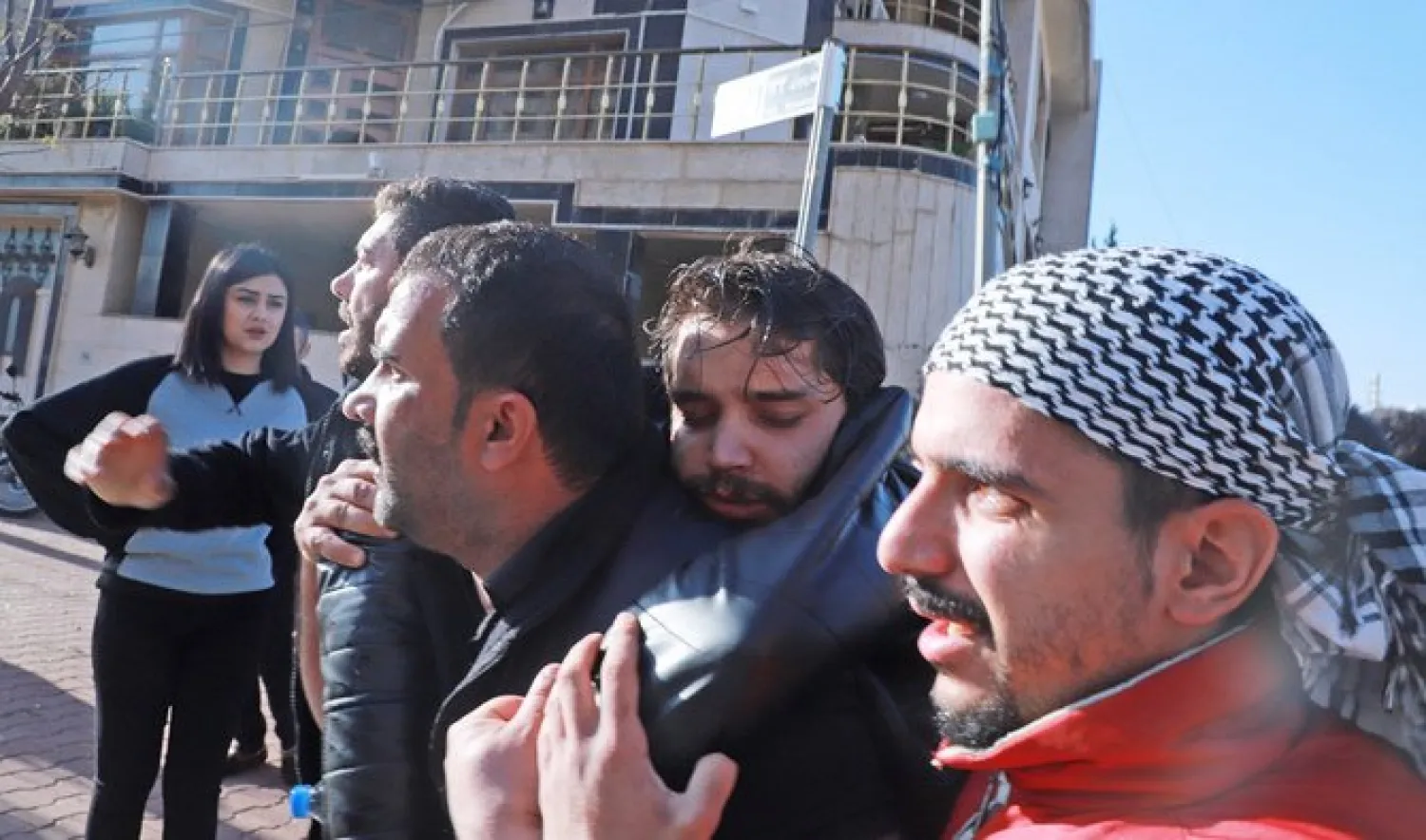Hundreds protested in Iraq's northeastern city of Sulaimaniyah on Friday against Kurdish authorities they accuse of being corrupt and causing a major fiscal crisis.
Protests against the Kurdish regional government (KRG) and the region's main parties broke out last week after months of delayed public sector salaries and pay cuts.
Following days of demonstrations in towns and villages in the Sulaimaniyah region, hundreds gathered outside a local government building in the provincial capital on Friday.
"I came to protest for my salaries and for my children's lives. We've had enough of this suffering," Fatima Hassan, a 25-year-old public sector worker, told an AFP correspondent there.
Crowds of protesters around her yelled chants in Kurdish against local authorities, accusing them of corruption.
They attempted to block off the wide boulevard around the building, but riot police quickly deployed and used tear gas to try to disperse the demonstrators.
Piman Ezzedin, a former lawmaker in the Kurdish region's autonomous parliament and a member of the opposition Goran (Change) Movement, said security forces had detained around a dozen organizers of Friday's rally just as it was starting, around 1:30 pm local (1030 GMT).
A relative of the former lawmaker told AFP that Ezzedin was subsequently detained.
Even before the 2003 invasion that toppled Iraqi dictator Saddam Hussein, the Kurdish region in the north had been developing as an autonomous zone, with Western backing.
Following Saddam's ouster, the region tried to draw in investments from multinational energy companies while expanding its public sector payroll -- creating a major debt crisis.
Since 2014, Iraqi Kurdistan has borrowed more than $4 billion to stay afloat, experts say.
According to the United Nations, 36 percent of households across Iraqi Kurdistan -- home to around six million people -- eke out a living on less than $400 per month.
Anger has been swelling for years at the ruling elite, with Kurdish Iraqis accusing the Barzani clan -- from which the region's current prime minister and president hail -- of corruption and embezzlement of state funds.
The spontaneous protests echo similar rallies that erupted in October last year in Baghdad and Shiite-majority areas of Iraq -- but not in predominantly Kurdish or Sunni regions.
The recent protests have been met with violence, particularly in towns and villages in the wider Sulaimaniyah province.
At least seven people have died, according to local officials and the Iraqi Human Rights Commission, with the latest death on Thursday during a protest in the town of Kifri, a local source and the Commission confirmed to AFP.









